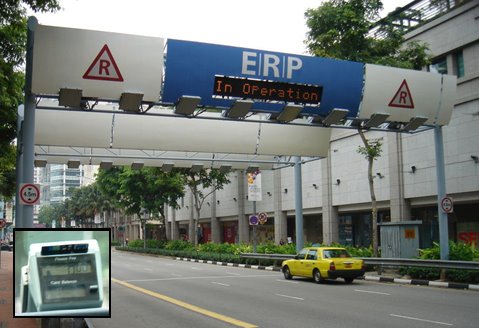There were a few Ponzi schemes that were allowed to grow until to a large size, before they were stopped by the relevant authority. The late action had caused many investors to lose their hard earned savings, amounting to tens or hundred of million dollars. The Sunshine Empire is just one example, which has been prosecuted. If the authority had acted earlier, less investors would have been affected.
Which government agency is responsible to act on these investment scams? Should it be the Monetary Authority of Singapore, the Commercial Affairs Department or other agency?
The MAS said that they do not have the resources to investigate every investment scheme. I do not accept this reasoning. The Police does not have the resources to prevent or investigate every crime either. But it is still their duty to investigate a crime, if there is sufficient lead, and to pay more attention to the serious crimes.
Many of the investment scams could have been investigated early on the possible infringement of the regulations on deposit taking or money laundering, which are administered by the MAS. When MAS becomes aware of a scheme, e.g. when it places the scheme on its Investors Alert list, they could request the directors of the company promoting the scheme to visit MAS for a "discussion" on their schemes. This action is likely to lead to the early cessation of any potential scam.
If the directors refuse to cooperative, MAS could make a request to CAD for a more thorough investigation. While the civil servants in MAS may not have the skill and resources to investigate a potential crime the people in CAD are more equipped to handle this task. I would expect that a request from MAS to CAD would be accorded with a higher degree of respect, compared to a complaint from the general public.
While MAS will not act on all investment schemes, they can and should act on schemes that are actively advertised, involve large number of investors and offer returns that are "too good to be true".
Tan Kin Lian


 :.
:.
